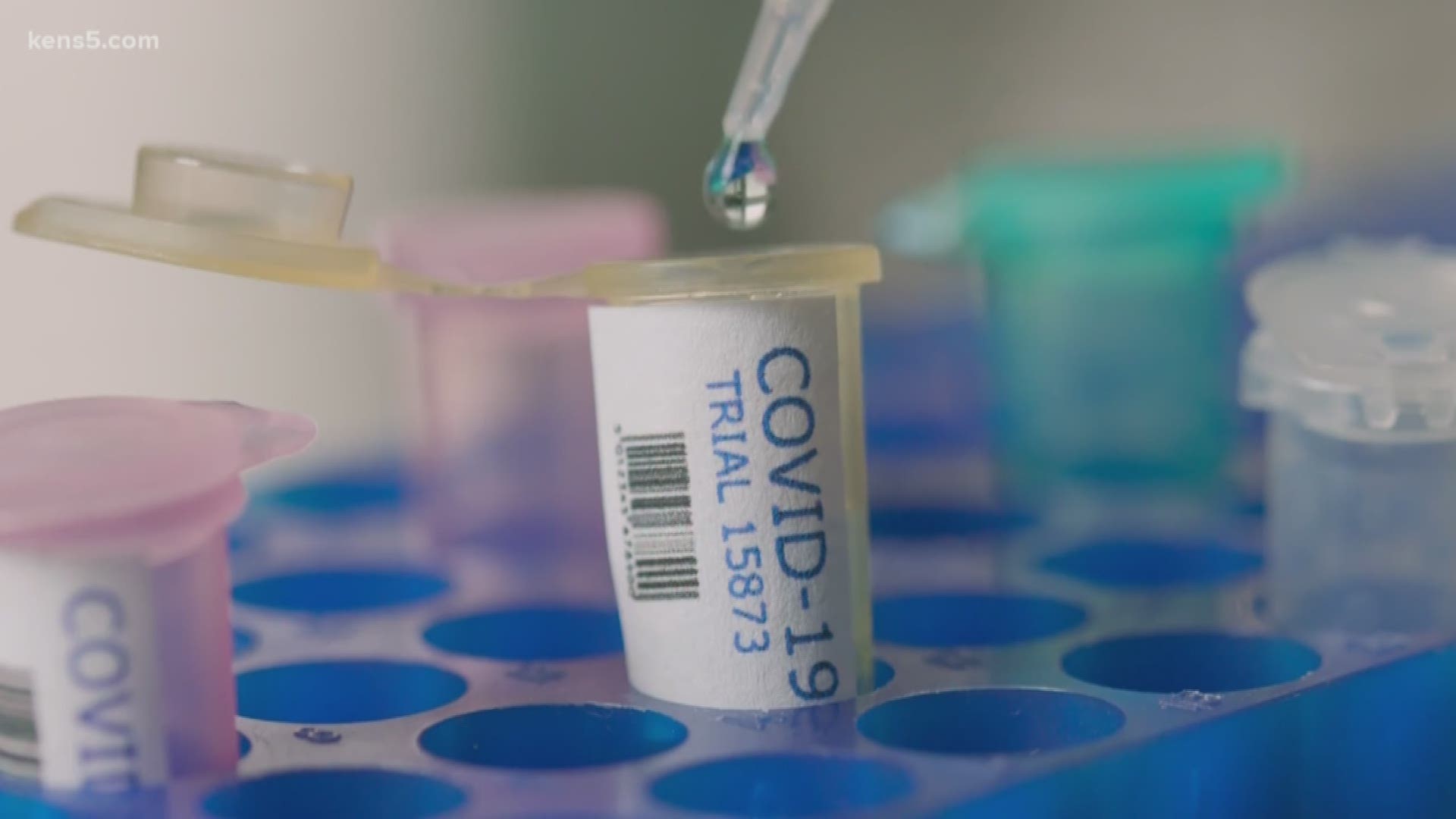SAN ANTONIO — The rush is on to create a vaccine to fight the coronavirus. Experts say it could still take up to a year or year and a half to get that vaccine for widespread use. Researchers at the Texas Biomedical Research Institute are leading the charge to get that vaccine ready to go.
They are part of a group of experts with diverse backgrounds just announced by the World Health Organization in the race to develop that vaccine.
"We know that some vaccines work perfectly well in one person and may not work in another and could actually cause some side effects in a third person," Larry Schlesinger, President and CEO of Texas Biomed, said.
That is why Texas Biomed is using three different non-human primate models.
"We are comparing them to determine if one could be more effective than one approach and some in another approach," Schlesinger said.
Vaccines are made by weakening a virus to the point where they can't reproduce well or at all, such as by changing the virus blueprint so the virus replicates poorly, destroys the virus blueprint so it can't replicate, using only part of the virus or bacteria, or by taking the toxin from the virus, purifying it, and killing it so it can't cause harm. But developing these vaccines takes time.
"We have seven scientists and a staff of over 30 people working overtime on establishing these animal models," Schlesinger said.
The institute's mission allows them to be perfectly centered to be a huge part of creating this life-saving coronavirus vaccine.
"Our mission is to protect you and your family and the global community from infectious disease," Schlesinger said.
Even though it could take more than a year to get the vaccine available for widespread use, an experimental vaccine that is deemed safe and effective could be available to high-risk groups like health care workers within weeks or months under emergency rules developed by the World Health Organization.

